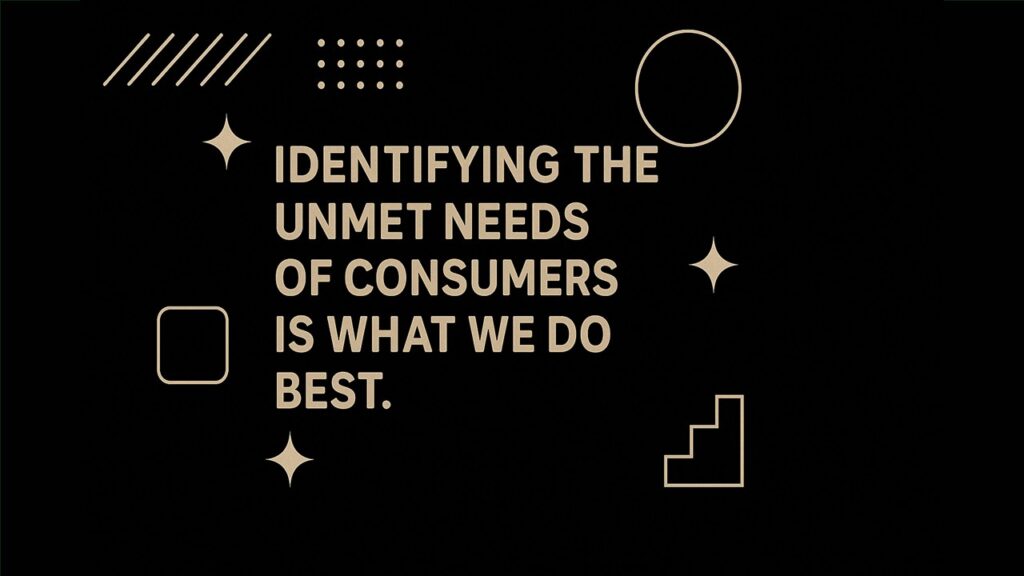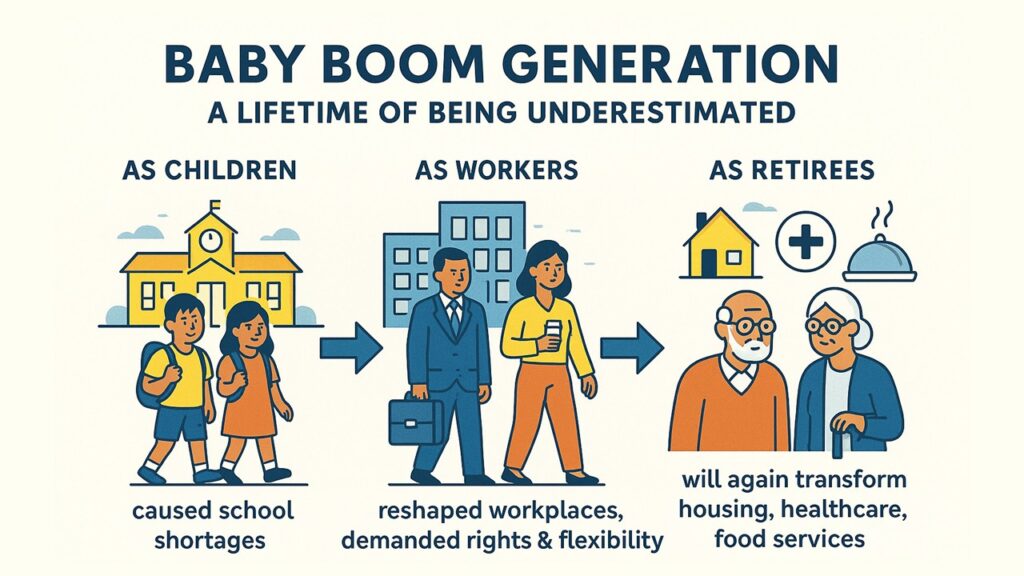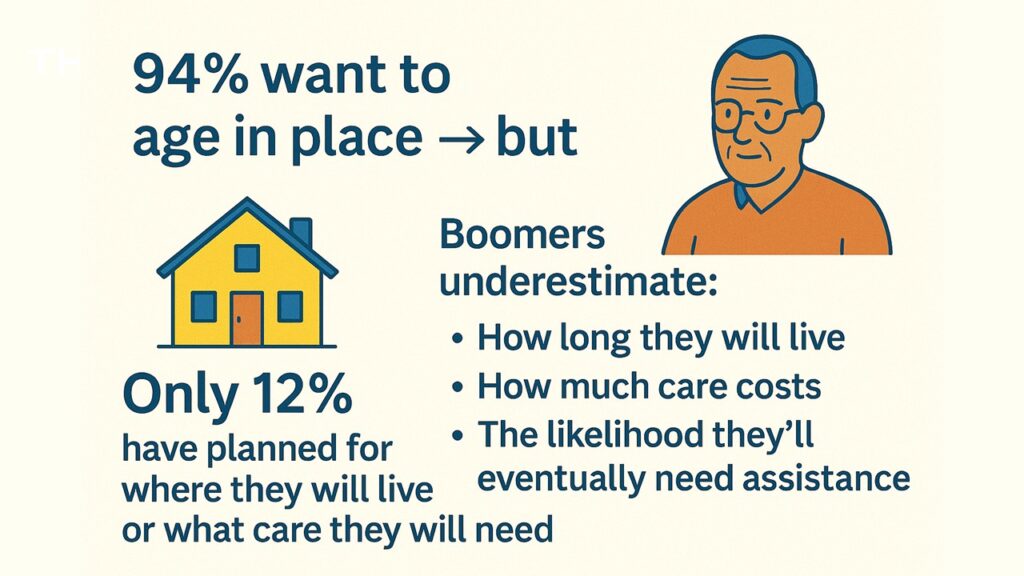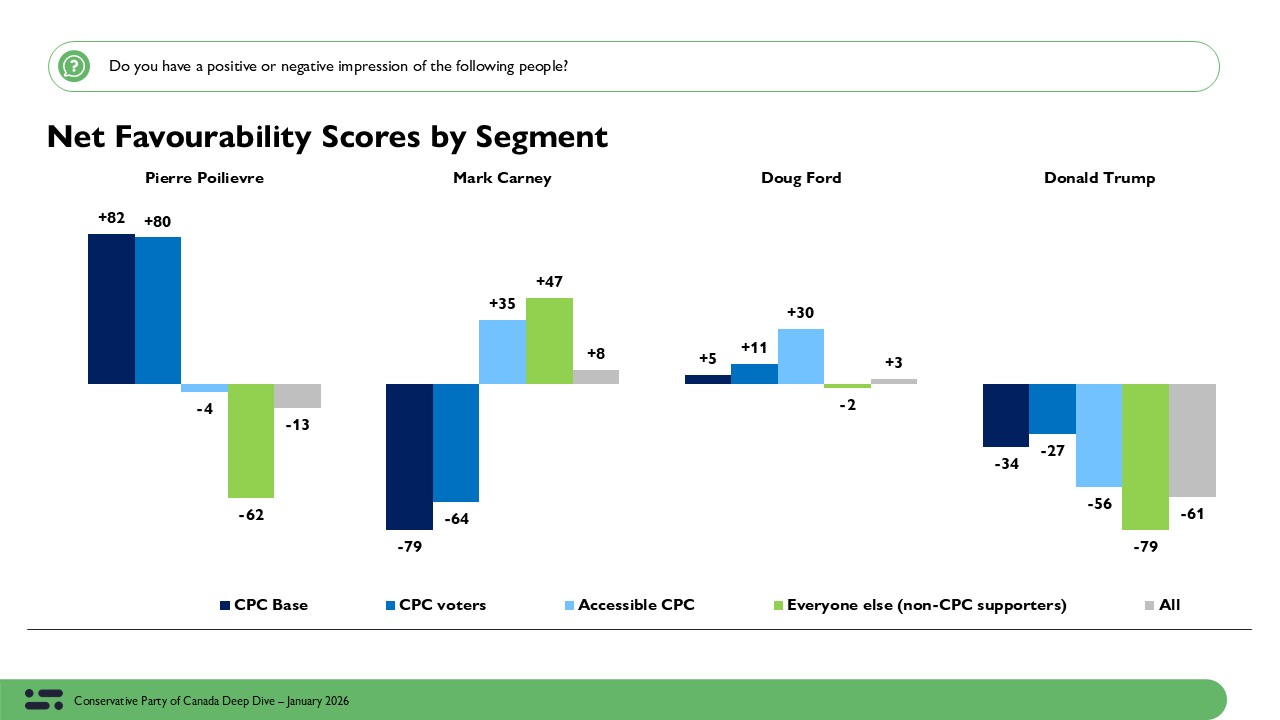The Next Great Transformation: Why Boomers Will Redefine Senior Living Across Canada
November 28, 2025
Earlier this week, I spent an evening in Vancouver with several senior living executives who know the sector better than almost anyone. Our conversation stretched well into the night and revolved around one central theme. Canada is on the edge of a massive demographic shift and the senior living sector is only beginning to grapple with what this will mean. What struck me most was how aligned our perspectives were. The opportunity is enormous. The expectations are shifting quickly. And the generation that will drive the next era of senior living is unlike any other.

There are about 9.2 million Baby Boomers in Canada. They make up roughly a quarter of the national population and control close to half of all household wealth. The average Boomer-led household has accumulated significant assets through high homeownership rates and rising real estate values. This financial footprint alone will shape the market for decades. But the real story is how Boomers will behave as consumers once they begin making decisions about where and how they want to age.
Boomers have never been passive participants in systems created for them. As children, they overwhelmed classrooms. As workers, they redefined workplace norms and expectations. As retirees, they are about to reshape housing, healthcare, and food services just as profoundly. Every stage of their lives has forced institutions to adapt. Senior living will be the next sector to feel that pressure.

The challenge is that Boomers are both highly predictable and deeply contradictory. On the one hand, more than nine in ten say they want to age in place. On the other hand, only a small fraction have planned for where they will live or what care they may need. They underestimate how long they will live, how much support they will require, and the cost of getting that support. This creates a wide gap between intention and reality. For senior living providers, it represents the single greatest opportunity to offer clarity, stability, and reassurance.
Understanding the Boomer mindset requires understanding the cultural moment they are aging into. Canadians of all ages are living in what I call a precarity mindset. It is a mindset shaped by unpredictability. People feel the future is unstable and that institutions are not as reliable as they once were. It is not fear of immediate scarcity. It is long-term uncertainty. It is the question that hangs beneath so many of our political and economic conversations today: Will we be okay.
That anxiety is visible in what Canadians say is keeping them up at night. Words like war, tariffs, Trump, and the cost of living appear again and again. Even among those over sixty, financial unease is high. A majority worry about their ability to afford basic needs over the next six months and many say they would delay major life decisions because of financial uncertainty. This includes decisions about where to live and how much care to arrange for aging parents or themselves.
Senior living operators often focus on the amenities and lifestyle aspects of their offerings. Many imagine that Boomers will arrive looking for experiences that help them achieve their highest aspirations. Yet the data tell a different story. When asked what they are mostly focused on, Boomers overwhelmingly identify safety and physiological needs. They want security. They want stability. They want to know that their health, nutrition, and daily needs will be taken care of without constant stress. These are the foundations that must be in place before any higher level aspirations matter.

But this does not mean Boomers will settle for bland or standardized experiences. Autonomy is at the core of their identity. When we ask them what matters most as they age, they consistently prioritize independence, meaningful choice, and control over their daily routines. They want to stay in spaces that feel like home. They want to continue doing the things they love. They want to maintain a sense of purpose and community. And they want respect.
Food services exemplify these expectations. Boomers increasingly view food not just as sustenance but as a central part of managing their healthspan. They want personalization. They want flexibility in their diets. They want culturally familiar options. They want control over when and how they eat. They want fresh, high-quality ingredients. Food decisions signal whether a senior living community respects their individuality and recognizes the connection between autonomy and wellbeing.
Communication is another area where understanding Boomer behaviour is critical. While younger Canadians live in fragmented media ecosystems, Boomers inhabit a hybrid environment. Many use social media daily but still rely heavily on television, radio, print, and online news. This means organizations hoping to speak to them must operate across platforms with messaging that is credible, calm, and grounded in clarity.
All of this paints a picture of a generation that is both powerful and often overlooked.
Boomers represent the largest market opportunity the senior living sector will encounter for decades. Yet they are often treated as a monolithic group with uniform needs and lifestyles. The reality is more nuanced. They are diverse. They are discerning. They carry a lifetime of expectations and a current sense of uncertainty. And they want solutions that offer reassurance without taking away their independence.
This is why at Abacus Data we are building the Boomer Lab. It is designed to help organizations understand this complex generation from the inside out. In the coming weeks, we will share more about how the Boomer Lab will support companies, policymakers, and service providers who want to design experiences that meet the real needs and values of this cohort.
Canada is entering a new era in senior living. The winners will be the organizations that see Boomers not as passive residents but as active consumers who expect choice, control, and respect. The path forward begins by listening closely to what they are telling us. And the data show they are ready to reshape the landscape once again.
David Coletto is founder and CEO of Abacus Data. Subscribe to his personal substack and tune in every week on his politics podcast over at the Hub Canada.



